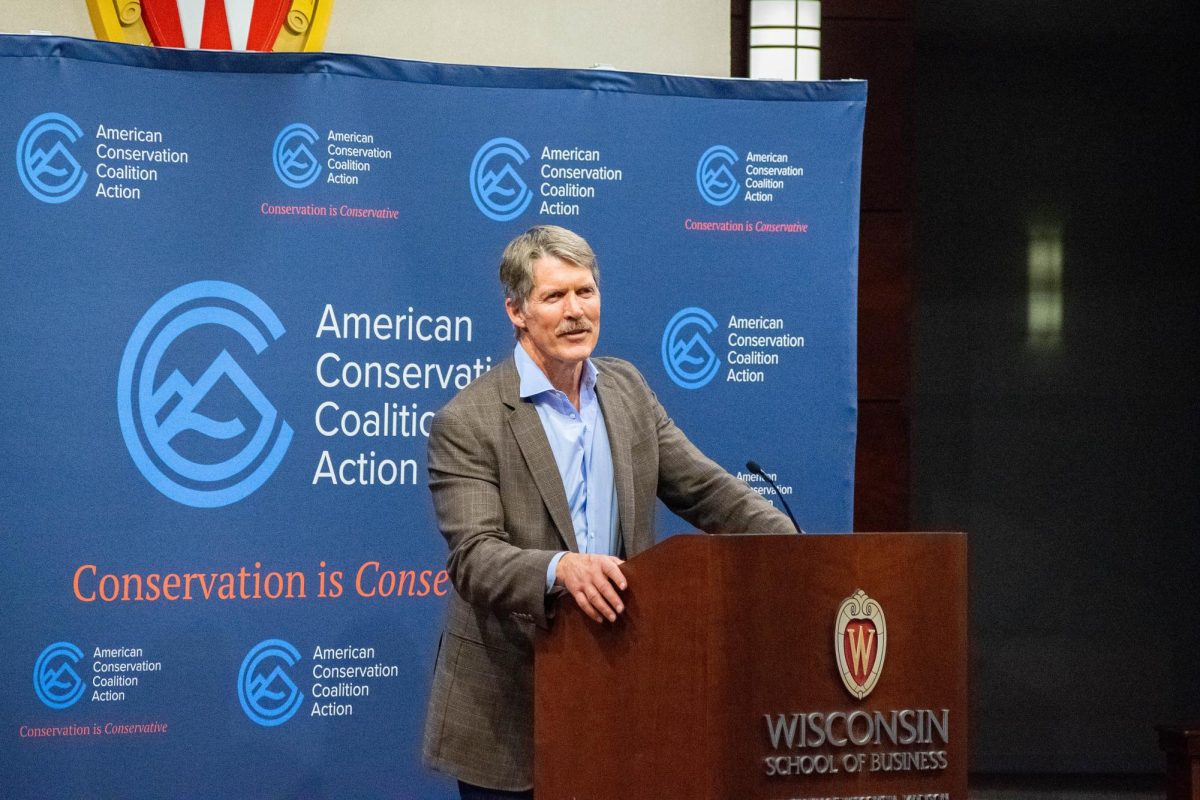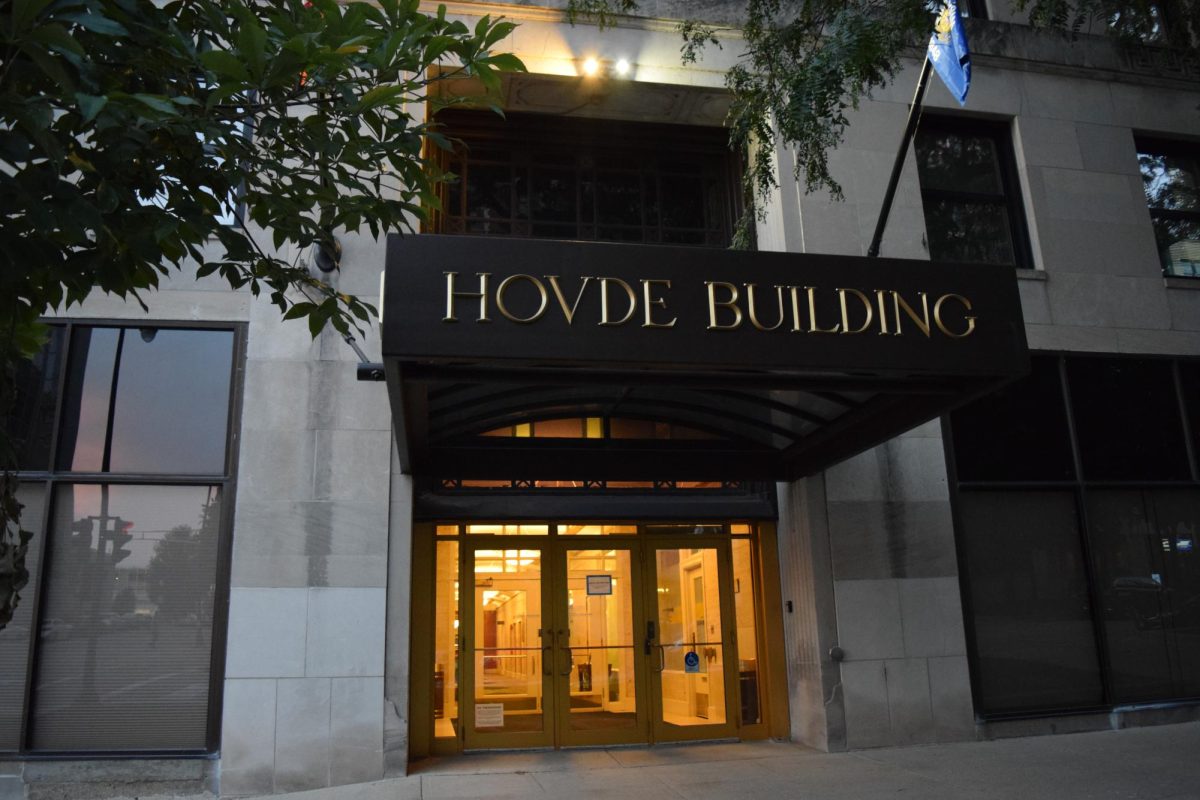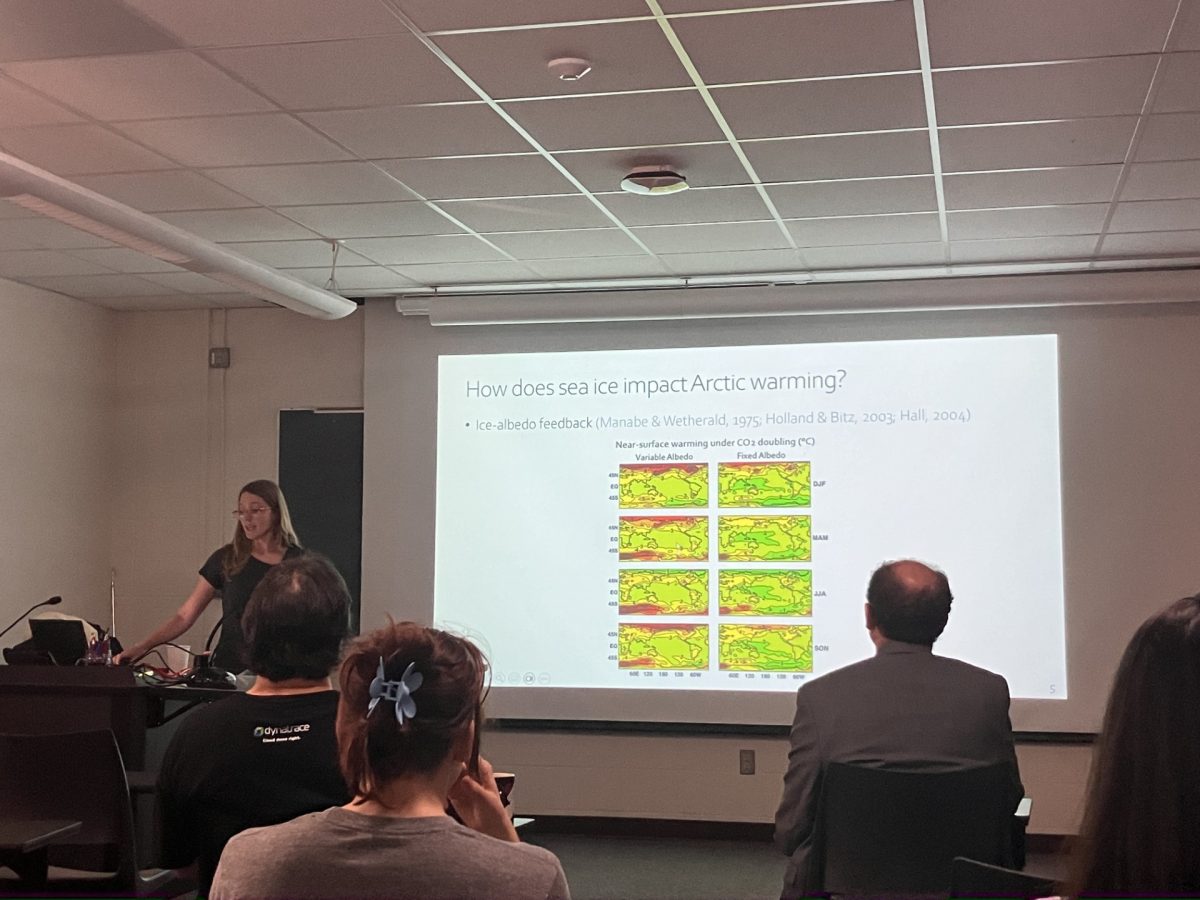The University of Wisconsin Associated Students of Madison's Student Judiciary decided an environmental student organization could have the request for university funding reheard, after being denied last week.
Peter McCabe, who represented Collegians for a Constructive Tomorrow, squared off against ASM Student Services Finance Committee chair Alex Gallagher and SSFC legal counsel Patrick Elliot in front of a panel of three Student Judiciary justices.
CFACT's grievance was in regard to SSFC denying CFACT contract status for the first time in five years, which, more than anything else, would make the group ineligible to receive funding through the university.
McCabe said CFACT "provides students with different ways of thinking about consumer issues and environmental issues," as well as providing more than 100 UW students with an internship program. Without the requested funds, McCabe said, CFACT will not be able to continue with its current program.
CFACT, like all other groups that receive student-segregated fee funding, had to reapply to continue receiving the funding.
After CFACT presented to SSFC last week, it was decided that CFACT failed to meet the criteria to receive the funding it requested, a decision CFACT believed was unfair and inconsistent with SSFC's past decisions.
But SSFC said they used the same standards for evaluation, and the only thing that changed was the composition of students on the committee.
Gallagher suggested SJ members look at SSFC's rejection of CFACT's eligibility, as SSFC is simply doing its job better by being more selective as to what organizations will receive school funding.
"One of the main criteria [for granting contract status] is asking, 'Will contract status improve the organization's mission or service?'" Gallagher said. "The view of the committee was that it would not, and therefore they were denied. It's pretty straightforward."
CFACT, on the other hand, argued adamantly if the same standards were going to be applied to each group on a much stricter basis, it is the SSFC's responsibility to communicate this information and make each group aware of exactly what requirements would need to be met.
CFACT said the vagueness of the criteria was demonstrated when a group like it — which in five years has expanded significantly in membership, internships and influence — should be denied for reasons they thought were unclear.
The SJ sided with CFACT when Associate Justice Jeremy Jewett stated in the opinion of the court, which said "the petitioner, and any other organizations that undertook the same process, didn't have fair notice of what that fair process would look like."
"A good rule of thumb is that it isn't a due process if you can't know about the process beforehand," Jewett said.
The ruling also ordered the SSFC to draft and formalize a document disclosing the process it uses, and that the SSFC shall rehear CFACT's case for contract status.
McCabe said he thinks if things go smoothly and if CFACT is aware of what information needs to be presented to SSFC to obtain eligibility, CFACT will most likely not be denied a second time.







